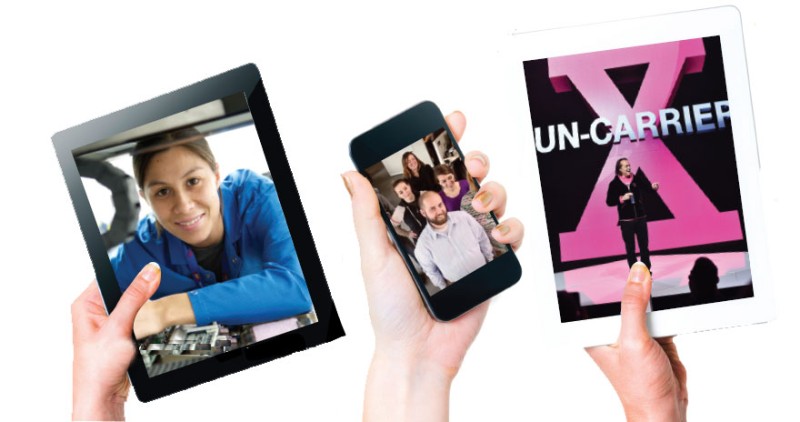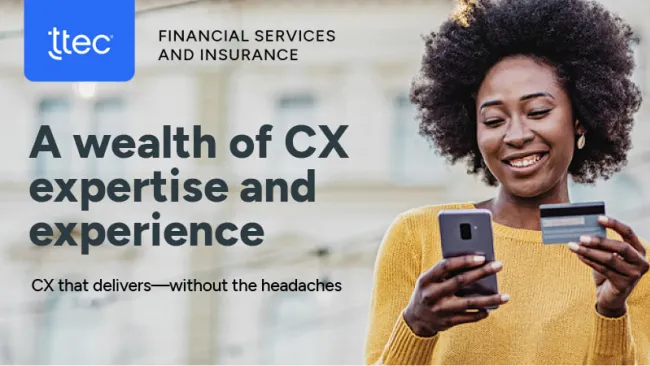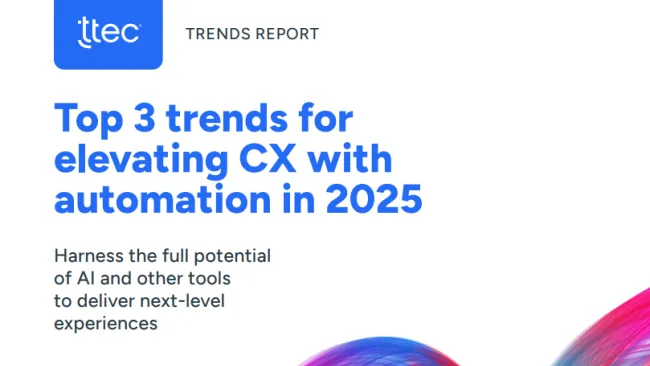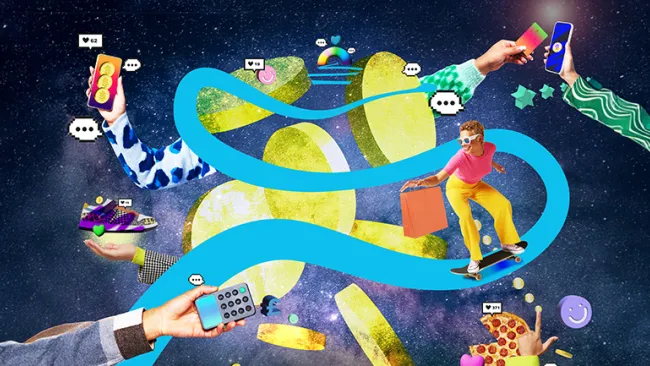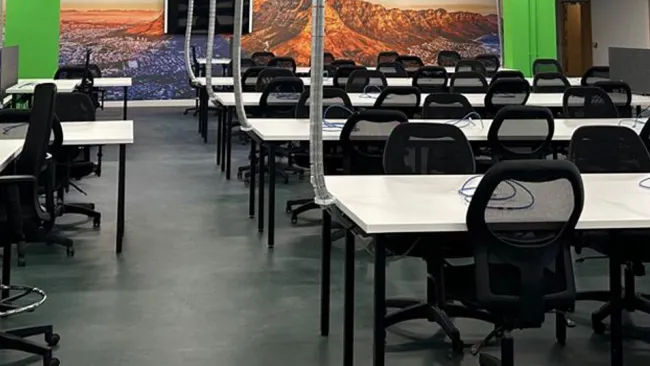Behind most great companies lies an equally supportive consumer base. Where these brands excel in delivering a great experience, customers reciprocate with steadfast loyalty. However, to reach this pinnacle, company culture and customer centricity must align.
In recent years, customer experience has become the prime differentiator across industries. Companies recognize that service has the power to distinguish laggards from leaders. And brands that deliver this level of care also understand that customer centricity isn’t simply strategic—it’s an imperative component of their company culture.
For truly customer-centric brands, culture goes beyond mission statements and company values—it’s a mindset. Each employee, no matter their position within the company, operates under the same guiding principles, as they work to bring customers the greatest experience possible.
Executives at T-Mobile, Republic Wireless, and Avnet—three of 1to1 Media’s 2015 Customer Champions—have all established outstanding company cultures. They know that to succeed, customer centricity must become part of every employee’s DNA. Here, they share how forging the path toward customer centricity has given employees a shared sense of self, while also improving brand communications and stronger consumer loyalty.
T-Mobile finds ‘yes’ in every customer service interaction
For many customer service providers, top-notch care often becomes buried under scripts that dictate how contact center associates should approach customer complaints and requests. These scripts offer basic guidance by outlining how to handle potential issues, but they often hinder the associate’s ability to personalize each interaction, as no two cases are identical. U.S. wireless carrier T-Mobile turned the typical customer support model on its head to align enterprisewide actions with its emerging culture.
Through its Finding the Yes initiative, the self-described “un-carrier” promotes customer-centric culture by empowering employees to do what’s best for each individual customer. Leaders educate all levels of staff—from the front line to the C-suite—on scenarios and situations where standard policies and procedures can be relaxed to help advance customer experience and satisfaction. Such knowledge allows associates to act independently, providing consumers with quick resolutions that surprise and delight.
“Front-line representatives feel much more empowered to make the right decision for each individual customer,” says Mark Nolan, senior director, service partner management at T-Mobile. “We want to find reasons to say ‘yes’ to the customer and do what’s right for them. Ultimately, we want to find the right balance for both the customer and the company, and make everyone understand that our top priority remains the customer and the customer’s experience with T-Mobile.”
Nolan also emphasizes that T-Mobile doesn’t discipline employees when they take extreme action, such as being overly generous by awarding customers significant credits. Instead, the company empowers employees to evaluate each situation separately. Employees have the authority to consider the particular problem or circumstance and decide which action makes the most sense in that moment. Ultimately, this customer-centric culture supports both employee engagement and customer loyalty, for T-Mobile’s groundbreaking mindset puts people ahead of protocol.
Both employees and customers are taking notice—T-Mobile added more than 8 million customers each in 2014 and 2015, and customer churn was 1.46 percent, down 27 basis points year-over-year.
Avnet shares service success and failure
While feedback remains essential for customer experience success, Terry Cain, vice president, global customer engagement for Avnet, recognizes that simply gathering data doesn’t demonstrate genuine customer care. The electronics company prides itself on bringing insight to action, and the company’s internal culture encourages all employees to put the customer first if they truly wish to cultivate loyalty and drive change.
To promote this customer-centric mindset, Cain and his team launched Journey to Customer Centricity workshops. These sessions, of which 5,000 employees have already attended, train staff to appreciate and support the brand’s customer experience model and goals. Avnet wants to establish one shared definition of customer centricity that allows feedback to flow through every level of the organization.
“Customer experience isn’t limited to just sales or service,” Cain says. “Customer experience reaches across every department. With the customer at the center of everything we do, we want to make sure that all these departments experience the same level of pain and pleasure that comes from serving customers. We want the effects to ripple down the line so everyone feels the pain when we’ve failed the customer.”
Open communication about internal and external issues is a positive attribute of the company, says K.T. Lim, vice president of human resources for Avnet Asia Pacific. “To be able to have such open and honest conversations with people is important in the success of any organization,” Lim said in a recent blog post.
Engaging in constructive dialogue holds more value than simply measuring NPS scores, Cain adds. His team recognizes that unsolicited feedback offers granular insight into what truly matters to employees and customers. Also, instead of incenting employees based on quotas and numbers targets, Avnet offers informal rewards for behaviors that increase or reinforce customer relationships. Focusing on quality over quantity empowers employees to pursue and fulfill their shared mission.
“The top-notch service, support, and expertise that we provide to partners and customers will not be possible without our self-motivated and professional employees who live up to the core values of Avnet,” Lim says, adding that an Avnet global employee survey found that the top reasons employees stay with the company are for the innovative and challenging work, the communication between leaders and employees, and because the company makes sure the staff works in work-life harmony.
This commitment to company culture and customer centricity landed Avnet on Fortune’s “World’s Most Admired Companies®” list in 2015, its ninth time earning the accolade.
Republic Wireless blurs the company/customer line
Company culture has always been the primary driving force behind all operational decisions at Republic Wireless, says Sean Rivers, director of operations technology. The mobile virtual network operator (MVNO) delivers WiFi calling and prepaid mobile service to customers across much of the United States by leasing access from other operators’ infrastructures. Because it doesn’t own the hardware or network, the company must differentiate on the experience it provides customers. Creating a supportive, flexible collaborative environment internally is a cornerstone of that great experience.
“Our cultural values dictate how we provide support,” Rivers says. “Our culture has been strong from the beginning and we didn’t want to change this internal structure to provide support. Instead, we provide an atypical environment—our associates aren’t tied to their desks. We don’t do call centers. This results in higher engagement and retention because associates are free to interact with and get to know customers better, which boosts loyalty and satisfaction in the process.”
The culture is such that the boundaries between company and customer are loose. With empowered employees at the helm, Republic Wireless and its customers developed a holistic network of support. Known as experts or ambassadors, highly active customers have the opportunity to operate as surrogate service associates. These customers answer 30 percent of incoming queries, absorbing simple requests so employees have more time for complex issues. Republic Wireless values the insights produced from the wisdom of the crowd, making these peer-to-peer communities an ideal component of an already customer-centric culture.
“We’re not just selling one-time buys,” Rivers emphasizes. “Our brand and culture are synonymous and these dedicated customers voluntarily reciprocate this mission by working alongside our associates to foster relationships and drive results.”
Without strict contact center duties, associates are free to build upon relationships with experts and ambassadors. Many of the company’s active volunteers frequently visit the office to have lunch with the staff. In essence, customers are literally at the center of the brand’s culture, for they are directly invested in the service and success of Republic Wireless.
